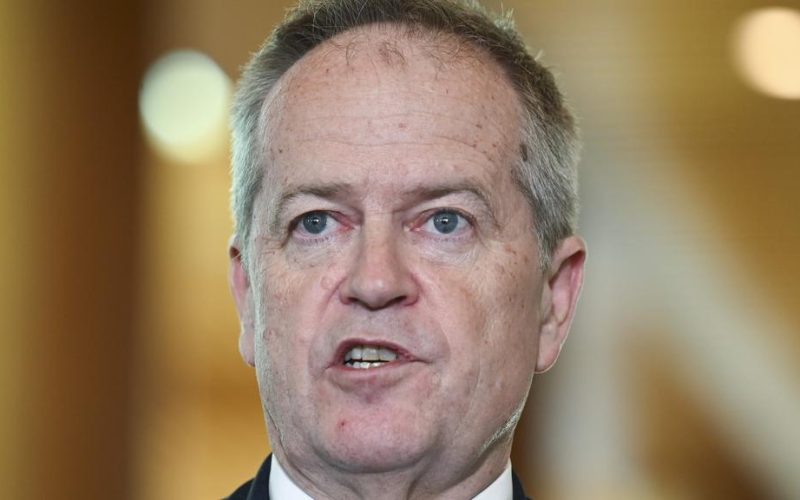Minister for the NDIS, Bill Shorten, on October 3rd announced the release of the new Transition NDIS Support Support lists. These final lists detail what NDIS participants can and cannot spend their funding on. These changes are to give greater clarity to participants and providers on what can be funded by the NDIS.
Part of the amendments introduced under the Getting the NDIS Back on Track Bill No. 1, which passed in August, the lists are based on transitional rules that will remain in place until final rules are developed.
The lists have led to several significant changes including:
-
Consolidated lists
There is now a single list for NDIS-funded supports and another list for non-NDIS supports. -
Replacement process
A process has been established to help participants acquire household items and assistive technology that may better meet their needs. -
Inclusion of menstrual products
Menstrual products for disability-related needs are now classified as assistive products for personal care and safety. - Language and terms
Support categories have been updated to reflect the terminology used in NDIS plans, pricing arrangements and claims processes. -
Cost-effective support options
Participants are now able to use their funding for the most cost-effective support options. -
Building modifications
Modifications to repair damage from disability-related behaviours or use of NDIS-funded equipment are now included. -
Driver training
Training with a specialised vehicle driving instructor, including training on adapted equipment or vehicle modifications, has been added. -
First Nations cultural activities
Participation in cultural activities is now recognised as a support for First Nations participants (most notably in group- and centre-based activities and participation in community, social and civic activities).
Unfortunately since the announcement the implementation of these reforms has not been well delivered, with insufficient communication and change management leading to significant gaps in NDIA policy and clarity. The NDIA has again left much of the communication and dissemination of information about these changes to Plan Managers and Support Coordinators without providing resources, tools or clarity on the gaps and issues being created by the changes to the Rules and Legislation.
DIA does not expect change to always be smooth and simple, however the level of pressure, workload and expectation being put onto Intermediaries in an unfunded capacity is unacceptable. The Support Coordination market is already under significant stress with hundreds of providers already closing their doors, creating thin markets in many parts of Australia.
Inconsistent messaging about grace periods with the implementation of the new Rules. The NDIA has stated in numerous forums that participants will have 12 months of grace to change to the new rules. Reasonably allowing for genuine mistakes to be made and learnt from as behavioural change is undertaken. However, this is not being extended to participants that plan manage their funds, with an expectation that all plan managed participants will be in compliance with the new Rules within 30 days, despite new policy and clarification being released throughout this period. This is impractical to implement as these changes and clarifications require system changes and new business procedures which cannot be reasonably implemented within 30 days, particularly when clarity on policy is still being sort.
Plan Managers are already running into situations where participants are making genuine mistakes and expecting Plan Managers to lodge those claims at a time when Plan Managers have just days remaining to ensure full compliance.
12. Debt liability and recover by Plan Managers (i.e. turning Plan Managers into 3rd Party Debt Collectors)

